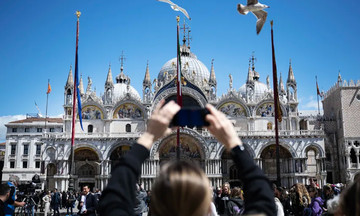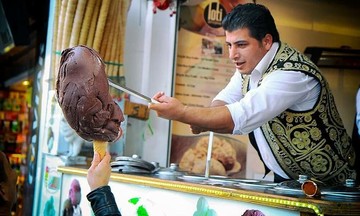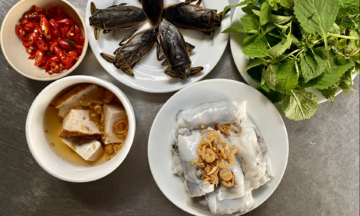Great Britain is known for its temperate climate, drizzling rain, long-standing monarchy, and iconic London landmarks. However, its cuisine often receives less-than-stellar reviews, frequently described as bland and unappealing.
Dishes with names like "bubble and squeak" (fried leftover vegetables and mashed potatoes), "spotted dick" (steamed pudding with raisins), and "rumbledethumps" (a mashed potato, cabbage, and onion mixture) are often met with derision. A Google search for "British national dish" yields "chicken tikka masala," an Indian curry dish believed to have been developed by Bangladeshi immigrants in Britain in the 1960s.
Numerous memes about British food circulate on social media. One popular example reads, "Conquered a quarter of the world for spices but didn't use any of them." This refers to Britain's colonial past and control over the spice trade for profit. While exaggerated, the meme reflects a common global perception of British food.
According to Manchester's Finest, British cuisine was once highly regarded globally, especially during the Middle Ages, with roast meats, particularly beef, considered among the world's finest. However, things changed during World War II in the 1940s. Food rationing limited access to sugar, meat, and other ingredients, reducing eating to mere survival.
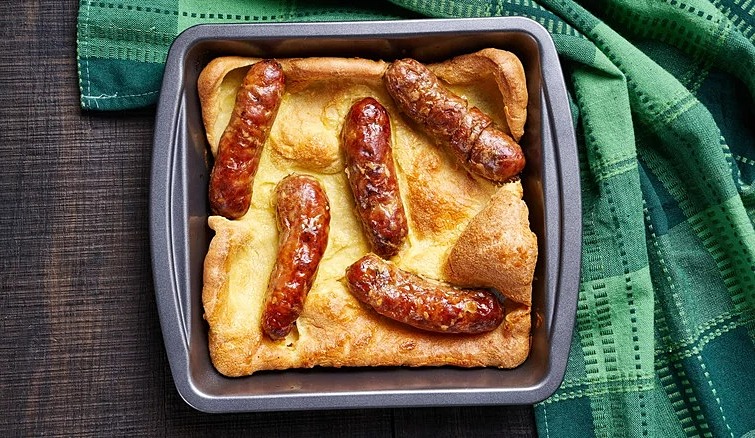 |
Traditional British "Toad in the hole". Photo: Tasting Table |
Traditional British "Toad in the hole". Photo: Tasting Table
The arrival of American troops in Britain during the war further impacted British cuisine's reputation. Their open criticism of local dishes contributed to the increasingly negative perception.
Dr. Lindsay Neill, Senior Lecturer in Tourism Management at Auckland University of Technology, explains that traditional British food is often seen as "overcooked, heavy, and bland, with all the color boiled out." He recalls his aunt boiling cabbage for four hours, leaving a lingering smell that haunts him to this day. "Overcooking isn't a cuisine," he emphasizes, suggesting that abandoning this practice would address many complaints about British food.
The historical context explains the overcooking. In the past, Britons were often poor, meat and fish were not always fresh, and refrigeration was unavailable, necessitating thorough cooking. This habit persists in home kitchens despite significant improvements in cooking skills.
However, Dr. Neill notes that other countries like France and China also experienced periods of poverty yet developed rich culinary traditions. He explains that cuisine is influenced by both abundance and scarcity. Britain, with its plentiful supply of beef and lamb, utilized these extensively, including less desirable parts like offal, resulting in dishes like "black pudding." Meanwhile, Asia's abundance of herbs and spices led to a greater diversity of flavors.
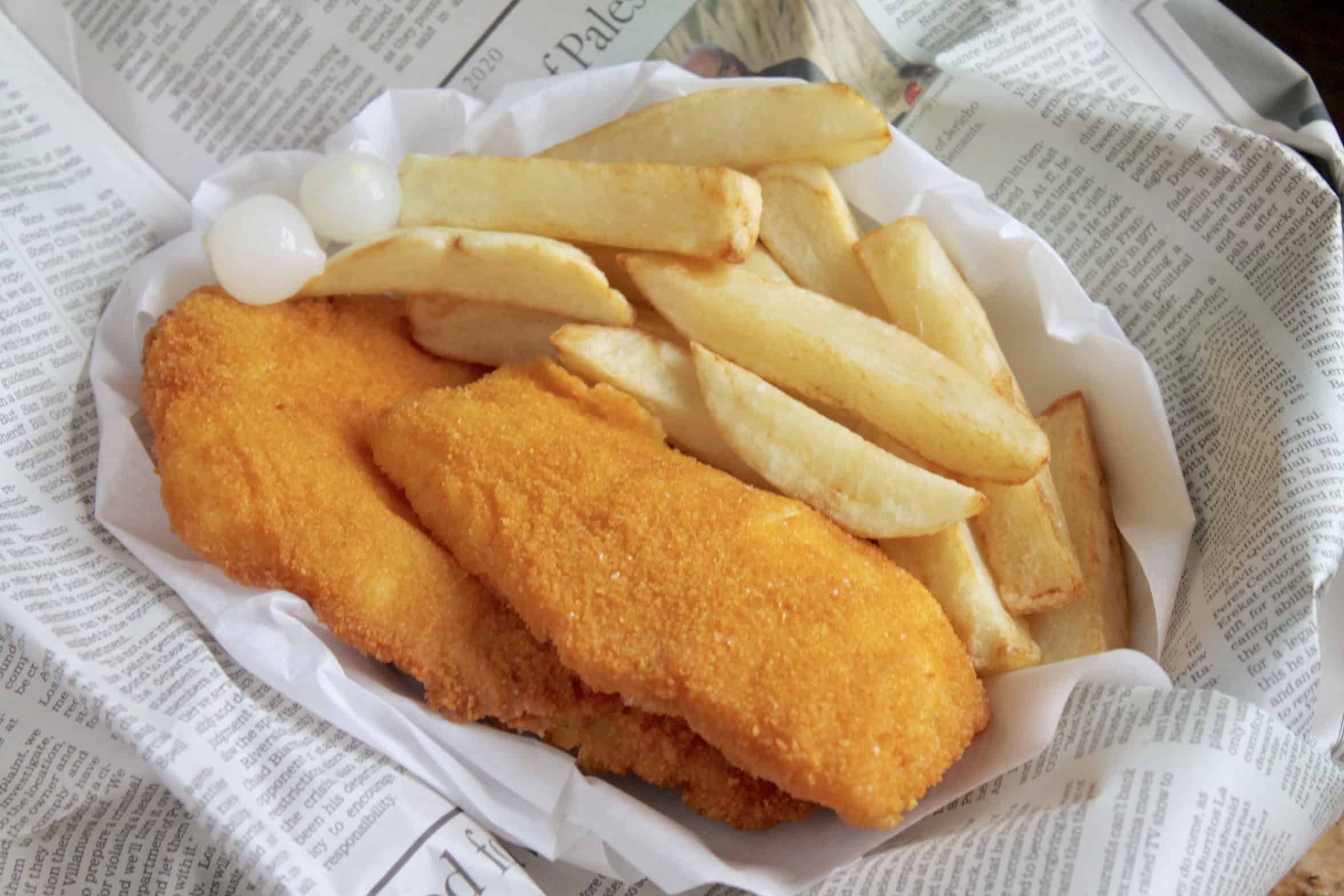 |
The quintessential British "Fish and Chips". Photo: Christina's Cucina |
The quintessential British "Fish and Chips". Photo: Christina's Cucina
With meat no longer scarce and incomes rising, people sought out flavorful, foreign dishes instead of meat-heavy or offal-based diets. Mylam Sloan, owner of The Patriot pub in Devonport, believes Britain's "working-class" culture influenced its culinary marketing. Britons' pride in their working-class roots and simple culture impacted their food. He argues that bad cooks tarnished British cuisine's reputation, especially in the 1980s when "nobody knew how to cook" and relied on the Edmonds cookbook.
In contrast, French cuisine benefited from King Louis XIV's "greatest marketing campaign in the world." In the 17th century, he established lavish courts, encouraging artists, designers, and chefs to create the best—provided it was French. This elevated French culture, from fashion to food, to a symbol of high class. Consequently, French snails became more appealing than jellied eels.
Despite the global perception of British food as uninspiring, many chefs are working to change this. Tommy Banks, the youngest British chef to earn a Michelin star, utilizes his family farm to create complex, modern dishes representing the local terroir.
Chefs like Gordon Ramsay and Jamie Oliver are also contributing to enhancing the image of British cuisine. Time will tell if they can shift global perceptions and restore British food to its former glory.
Hoai Anh (Tasting Table, Debate Mag)





